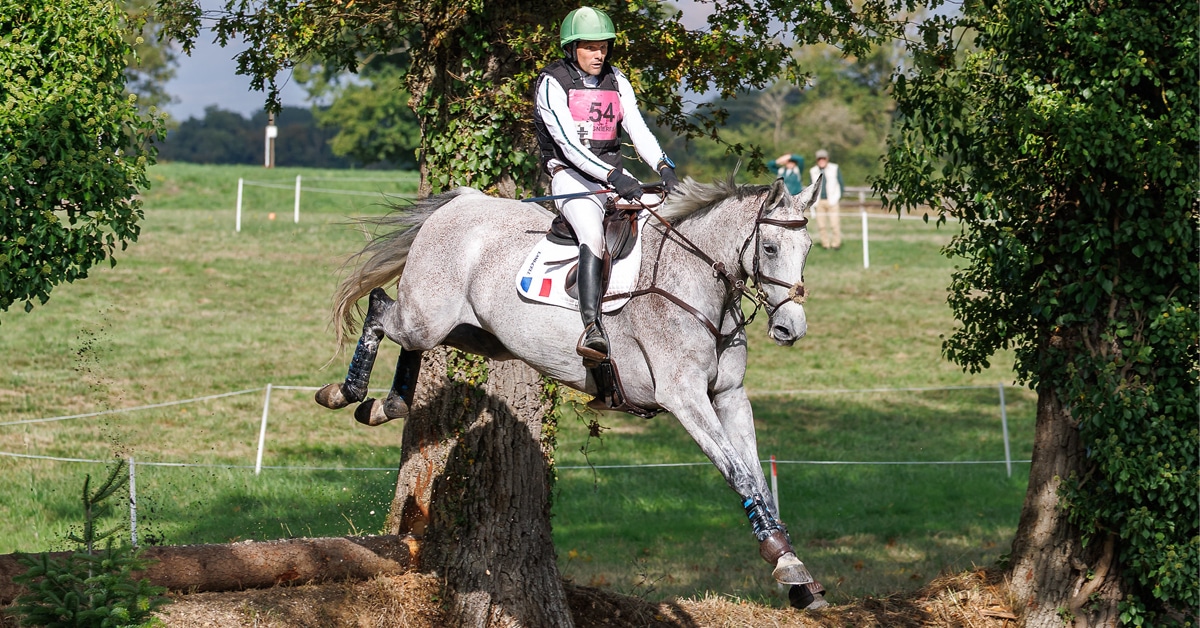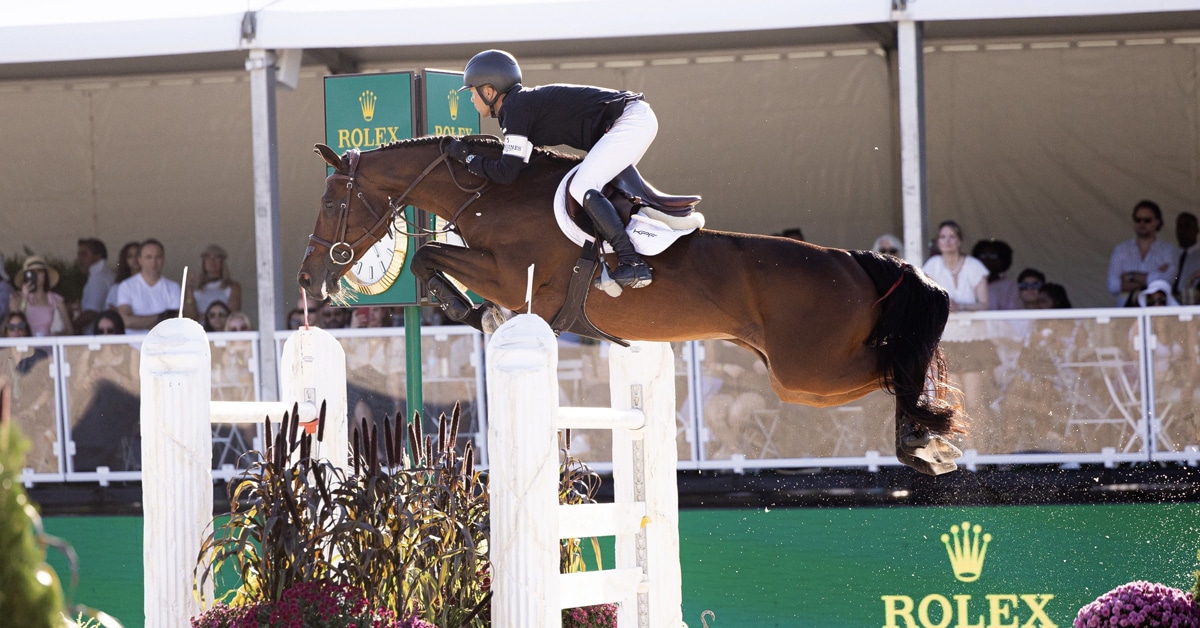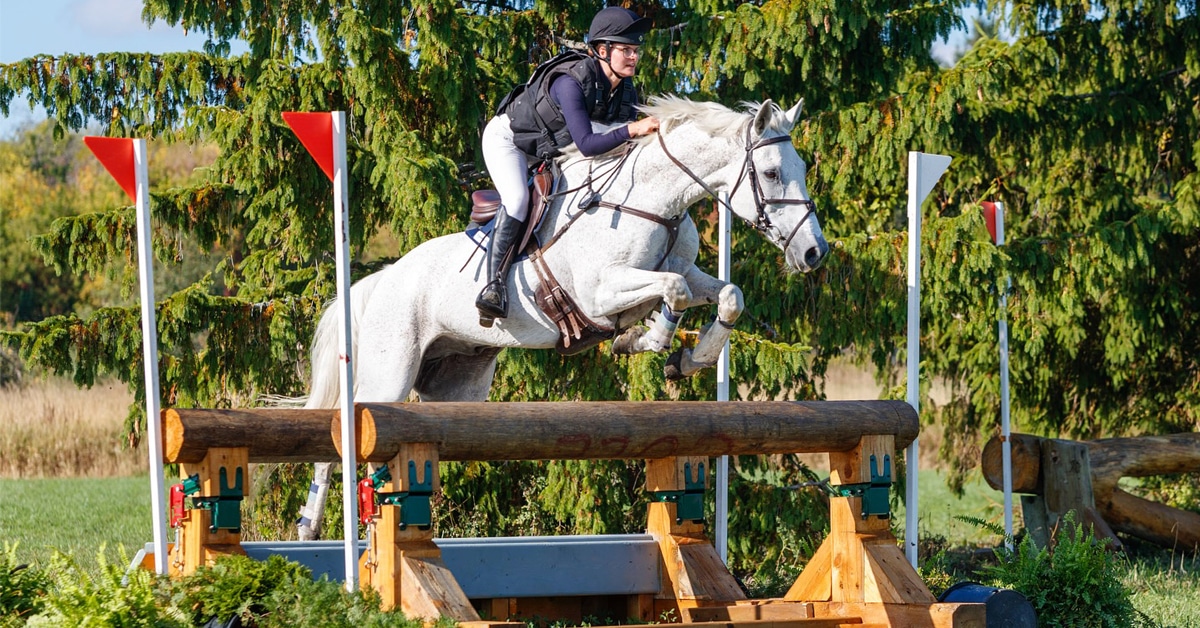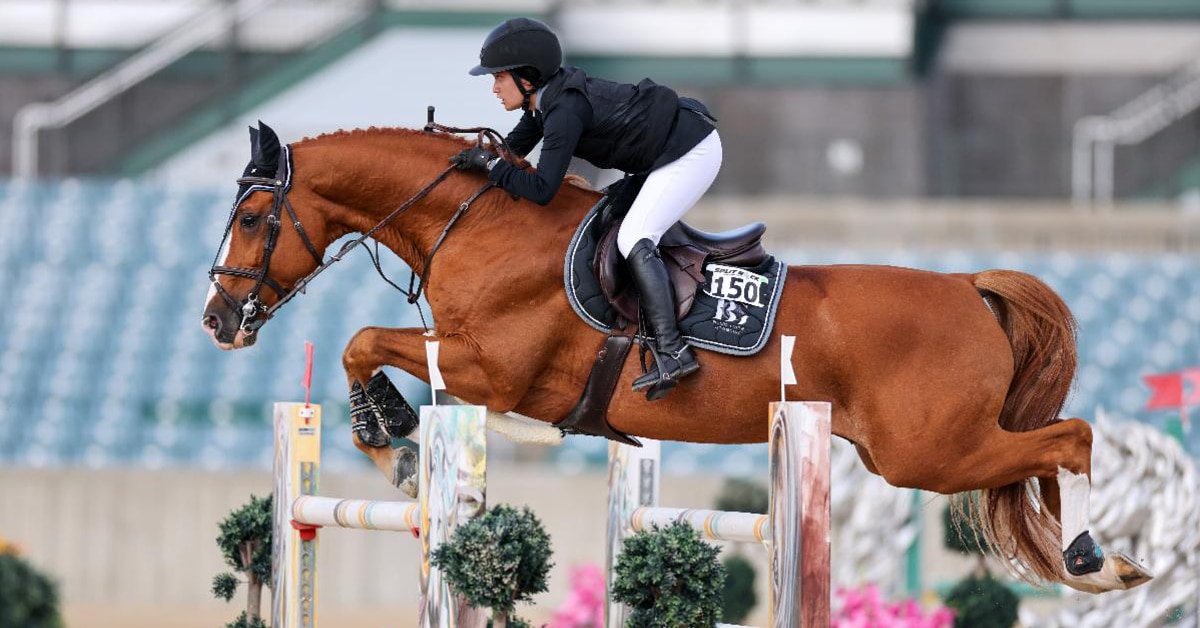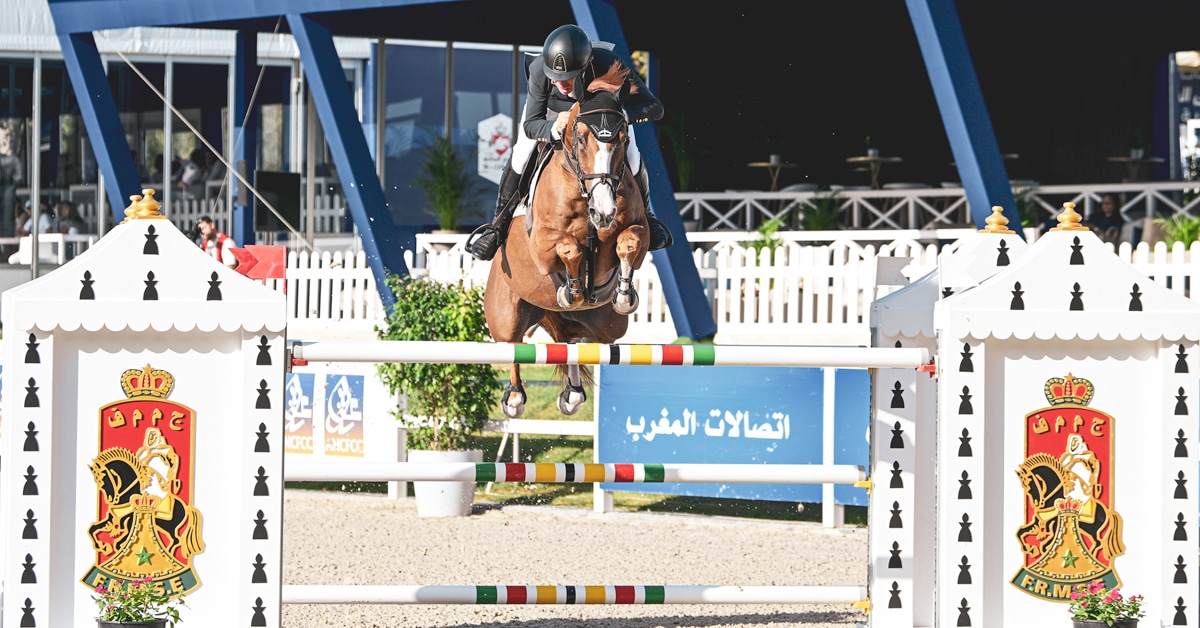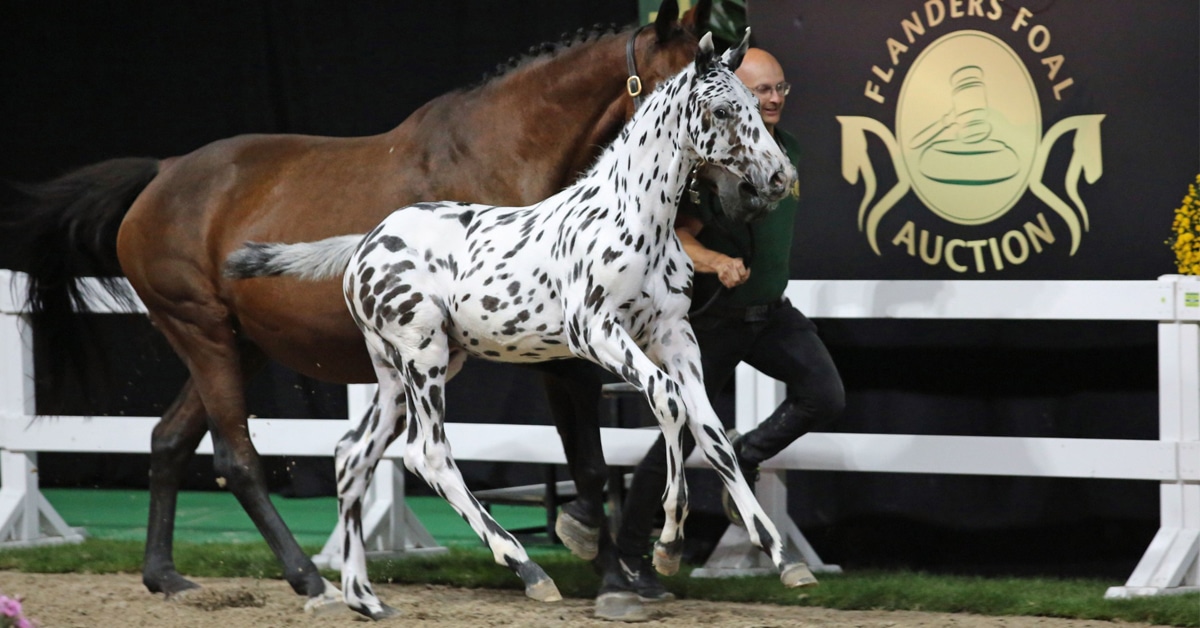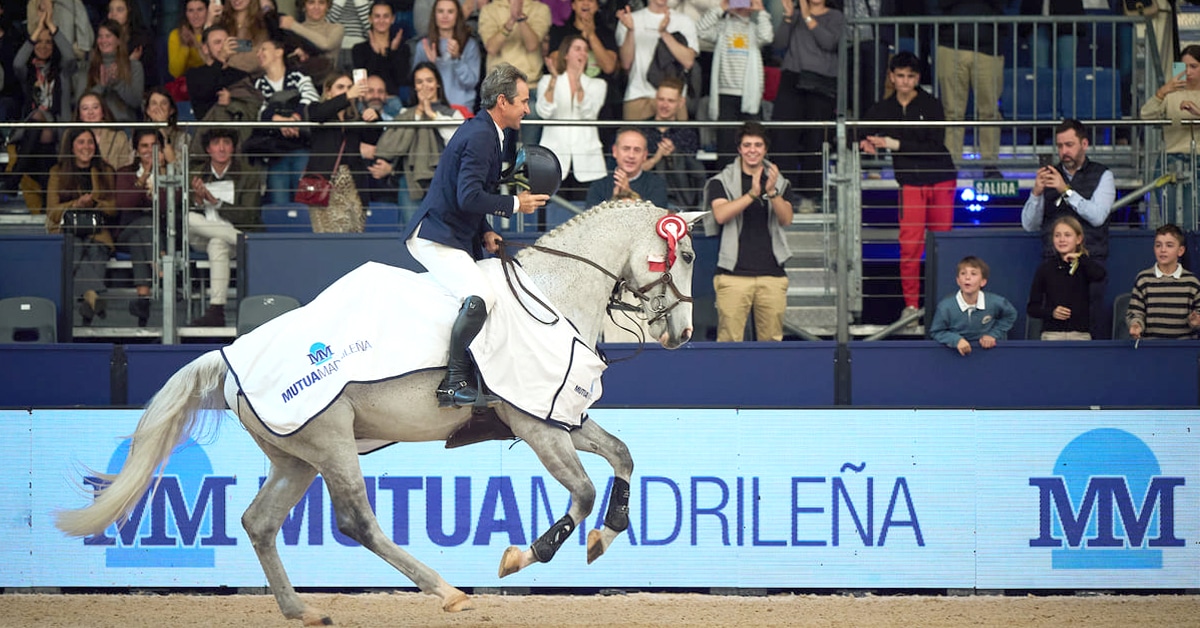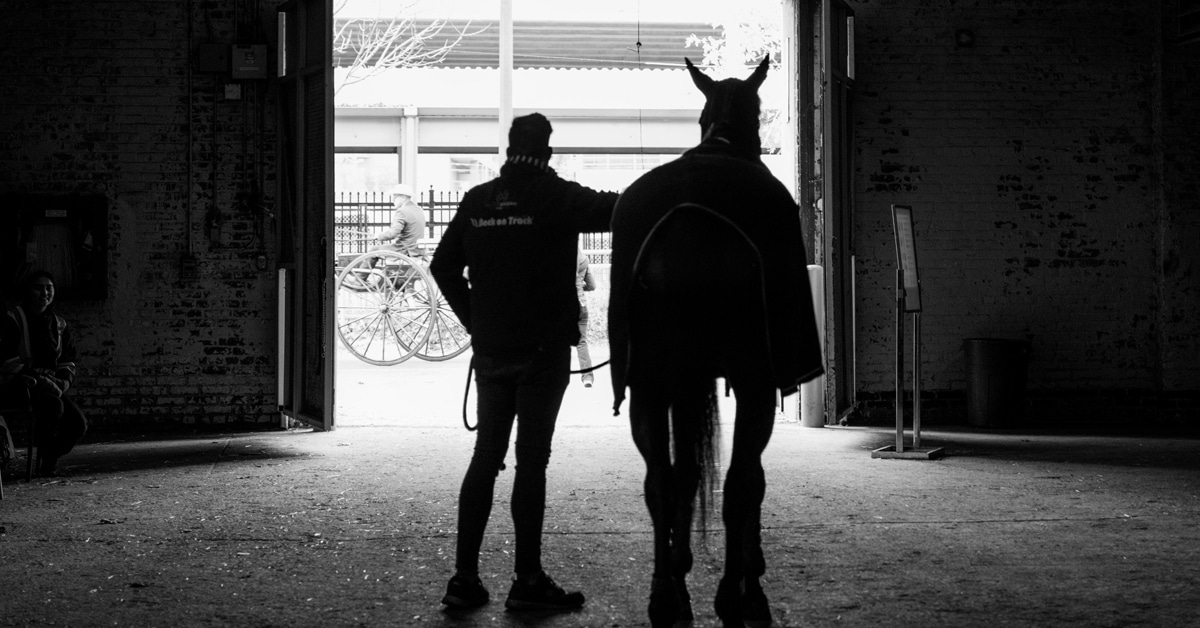With just days remaining until the start of the equestrian competitions at the Olympic Games in Paris 2024, the FEI has introduced the Be a Guardian initiative, which calls upon members of the community to fully commit to their duties as ‘guardians’ of FEI horses.
Be a Guardian is the central message that unites the community around the FEI Action Plan that was developed from the recommendations outlined in the final report of the independent Equine Ethics and Wellbeing Commission.
Watch Horse welfare is paramount – Be a Guardian! here:
Set up in June 2022 in response to growing public concern over animal welfare, the Commission was tasked with addressing societal concerns about the use of horses in sport and creating a blueprint to future-proof equestrian sports. The Commission also provided advice and recommendations to the FEI to ensure equine welfare is safeguarded through ethical, evidence-based policy and practices.
The term ‘guardian’ marks an evolution in the FEI’s narrative of the horse-human partnership, chosen to better represent the human role in caring for horses and to underscore each individual’s responsibility for ensuring horse welfare.
“This shift in terminology is not merely symbolic; it signifies a fundamental change in our approach to equine welfare,” FEI President Ingmar De Vos explained.
“Guardianship precedes partnership, and meeting the horse’s natural needs — such as sufficient eating time, social interaction, and exercise — cultivates trust, enabling a thriving relationship between horse and human. A partnership emerges when this trust and mutual understanding pave the way for sporting excellence.
“Through the concept of guardianship, our focus shifts to what is best for the horses, recognising them as unique and valuable beings deserving of human protection, trust, and respect. This evolution redefines the human role as that of a ‘caretaker,’ with a responsibility to ensure a good life for horses.
“How we frame the issue, shapes how we solve it. By embracing the role of ‘guardians’ for horses, we commit to acknowledging their needs, treating them with respect, compassion, and care, reinforcing our duty to these magnificent animals we live, work, and compete with.”
The Olympic and Paralympic Games in Paris 2024 represent a significant opportunity for the equestrian community to further develop a culture of enhanced respect and ethical treatment within the sport.
With a comprehensive approach to equine welfare, which includes aspects like transport, accommodation, veterinary care, and post-event support, Paris 2024 is clear about what is required to put horse welfare at the core of the sport.
For the first time at the Olympic and Paralympic Games, a position of Equine Welfare Coordinator has been established, with Dr Richard Corde, President of the French League for the Protection of the Horse, appointed to this critical position. He will offer advisory oversight on animal welfare throughout the Olympic and Paralympic Games, ensuring all stakeholders adhere strictly to FEI regulations. This new appointment marks a significant advancement in centralising oversight that was previously distributed among stewards, veterinarians, and Ground Jury members.
The FEI, Paris 2024 Organising Committee, and GL Equestrian have worked together to prepare the venue with well-equipped air-conditioned stables, ample outdoor areas, and high-quality footing in the main competition arena, the cross country and all the training arenas, ensuring the comfort and safety of the horses.
Special attention has been given to the seamless and comfortable transportation of horses to and from Versailles. Environmental conditions such as weather, heat, humidity, and air quality are carefully monitored to minimise stress and maximise the horses’ well-being.
Stringent health monitoring protocols will be enforced before, during, and after competitions to assess the horses’ fitness and maintain their physical and mental health throughout the Olympic Games. A dedicated team of qualified veterinarians and support staff will conduct regular health assessments, promptly addressing any issues that may arise with immediate veterinary care.
Following competitions, meticulous post-event care protocols, including adequate rest periods, will be strictly observed to aid horses in their recovery.
“We cannot prevent every issue, but if we follow these rules and encourage everyone to take responsibility based on our shared values, we can work hard to further improve excellent standards of horse welfare,” stated FEI President Ingmar De Vos.
“As we prepare for the Olympic Games, we are eager to display our sport’s beauty and our dedication to caring for horses responsibly. Together, we are committed to ensuring that every horse at Paris 2024 receives the care and respect they deserve.”
More News
